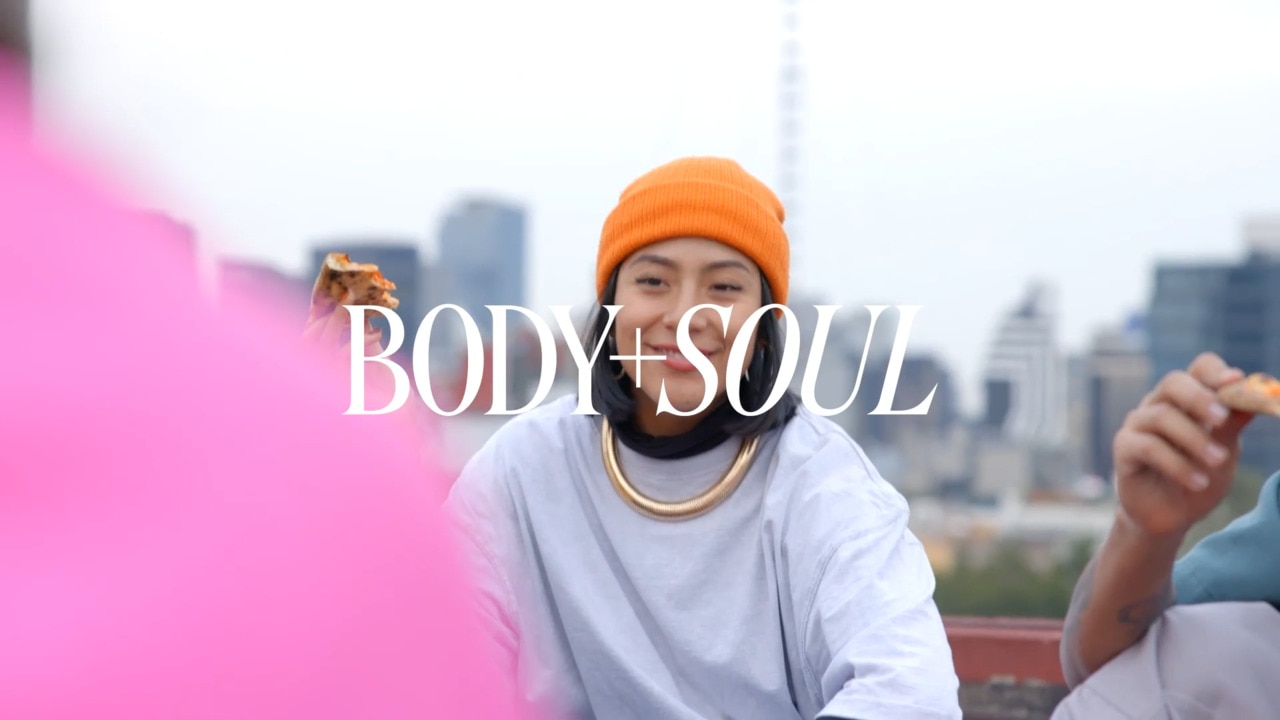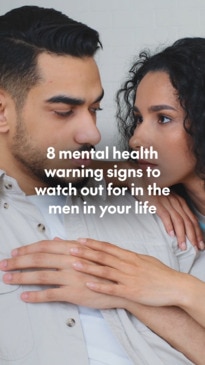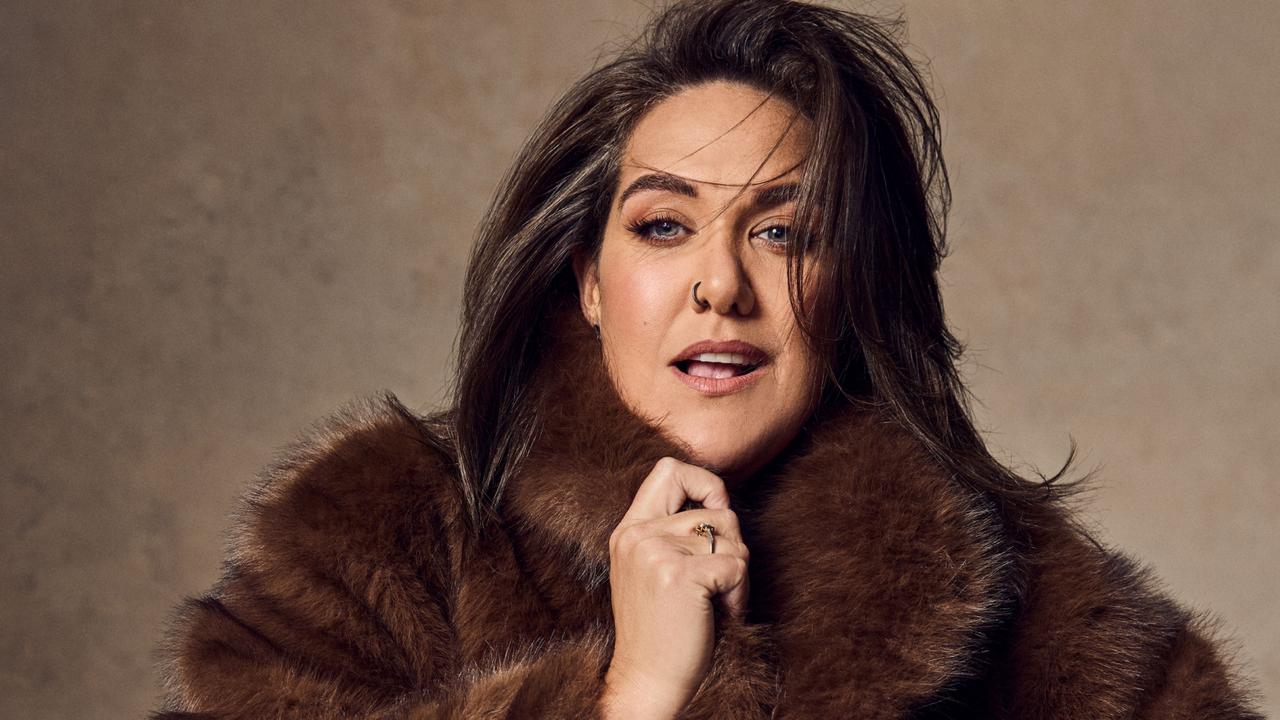#SkinnyTok is officially banned on TikTok. Experts are concerned a ban isn’t enough
Users are being directed to helpful resources

Lifestyle
Don't miss out on the headlines from Lifestyle. Followed categories will be added to My News.
TikTok has banned searches for a hashtag added to many videos promoting disordered eating and unhealthy body image. When will the glorification of extreme thinness end?
TikTok has blocked people from searching the hashtag ‘skinnytok’, saying it had “become linked to unhealthy weight loss content”.
If you thought workout and nutrition plans promoting features of eating disorders disguised as healthy living were left in 2014, you were wrong.
While women’s bodies aren’t trends, and no body type should be fetishised or demonised, the dangerous pressure to lose weight and be as thin as possible has seeped into pop culture and social media again.

The harm in #skinnytok content
From runways filling with fewer and fewer mid to plus-size models, to stars’ openness about using medication to try to rapidly lose weight, the promotion of weight loss is back in the public consciousness.
The content has crept onto many of our feeds, with people evidently struggling with their own eating disorders sharing how they stay thin and by effect, encouraging others to do so too.
According to the Butterfly Foundation, an estimated 1.1 million Australians are currently living with an eating disorder, with 10.5 per cent experiencing an eating disorder at some point in their lifetime. 27 per cent are under 19 years old.

Nutritionist Carole Copti spoke to the AFP news agency about social media’s impact on vulnerable young people, saying, "the patients are completely indoctrinated -- and my 45-minute weekly consultation is no match for spending hours every day on TikTok".
The app is regularly called out, along with other social media platforms, accused of targeting children and young people and exposing them to harmful content, such as that promoting an unhealthy body image.
Users who search for the skinnytok tag will now be directed to eating disorder support resources. In Australia, a message is displayed saying, ‘If you or someone you know has questions about body image, food, or exercise – it is important to know that help is out there and you are not alone. If you feel comfortable, you can confide in someone you trust or check out the resources below. Please remember to take care of yourselves and each other.’
The contact information for the Butterfly Foundation is linked, along with a button redirecting users to additional resources.

The trend was investigated by the European Commission after France’s digital minister shared her concerns about the app promoting eating disorders and thinness.
Clara Chappaz quickly responded to the ban, posting “skinnytok is over” to X (formerly Twitter).
TikTok said the content “glorifies thinness and vilifies weight gain", promoting “disordered eating behaviours”.
"We continue to restrict videos from teen accounts and provide health experts and information in TikTok Search," it added.

The ban is a long time coming
‘Skinny influencer’ Liv Schmidt was banned from the app back in September after the American model shared videos promoting a ‘skinny’ lifestyle to her 670,000 followers.
Schmidt promoted an extremely restricted diet, fat-shamed and promoted an unhealthy body image, but denied ever struggling with disordered eating.
She hasn’t yet been banned on other social media platforms, but Meta has demonetised her group chat.

More action is needed
Hopefully the move is the first of many to stop harmful content being circulated online, though some experts are concerned the material will continue to be shared and engaged with by vulnerable groups.
Director of external affairs for eating disorder charity Beat, Tom Quinn, told BBC News, “we know that users will very often find workarounds to content blocks and there will still be damaging content which isn't shared under the "skinnytok" umbrella, which TikTok and other social media platforms must now address.”
The resurgence of media glorifying thinness and disordered eating comes as the Butterfly Foundation has expressed its concern over the lack of government funding directed to mental health prevention, including eating disorders.

“Every month 100 people die from, and 10,000 develop, an eating disorder, and it is critical that the government invest to stop this emerging crisis in eating disorders”, Butterfly CEO Dr Jim Hungerford said in a press release.
“This escalating crisis is being driven by factors such as diet culture, food and weight shaming, social media and appearance ideals. Now over half of 12-18 year-olds, and a third of adults, are dissatisfied with how their body looks”.
If you or anyone you know need help or support for an eating disorder or concerns about body image, please call Butterfly Foundation National Helpline on 1800 334 673.
Mental health professionals are available 24/7 at the beyondblue Support Service – 1300 22 46 36 or via beyondblue.org.au/get-support for online chat (3pm-12am AEST) or email response.
More Coverage
Originally published as #SkinnyTok is officially banned on TikTok. Experts are concerned a ban isn’t enough





